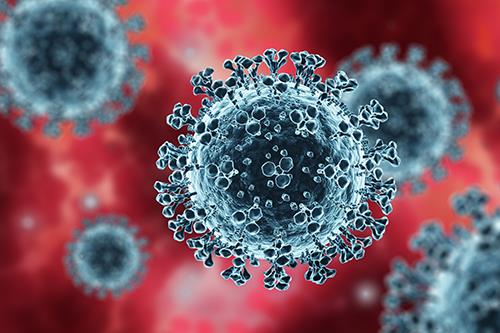Further to my telephone conference call with NHS staff. I have to stress that what I am stating here is largely anecdotal amongst a specific critical care network in U.K.
This is also my interpretation and I have no medical training - I do have a subjective understanding of my condition & recovery thereafter.
I hope that what I write is a comfort for many of you.
Largely what your loved one is experiencing is normal for someone who has been ventilated and in a critical condition for a prolonged period of time (with some added bells & whistles - I’ll explain)
These are not definitive answers because the world of medicine is discovering all of the legacies of this disease & it is such early days to draw absolute conclusions. There are so many unanswered questions like what vital role does a vitamin D deficiency play in severity of infection, is it genetic, what causes the cytokine storm?
(a) Why is my loved one taking such a long time to wake up after sedation & why are they taking so long to be responsive once they’ve woken?
Firstly - because your loved one is so ill the added complications of kidney or liver failure mean that the sedatives used to paralyse the patient are taking much longer to fully leave the body - even under normal circumstances this can take weeks - dialysis slows it more.
The new development is this : because many of your loved ones are being proned ( and proned frequently) the staff are having to use more and different paralysing agents to synchronise the patient most effectively with the ventilator - hence more sedative - less responsive and slower to wake. By using more of these drugs,
increases the chances of ICUdelirium, neuropathy & myopathy - (most of these post coma symptoms are temporary).
There is an additional factor at play at present. There is a shortage of certain effective sedatives, especially the ones with least side effects) so medical staff are having to resort to using paralysing agents that have increased hallucinogenic properties. It would appear ( not proven) that the disease causes delirium too - anyone with a very high temperature in the past might have experienced mild symptoms.
I know a great proportion of you are concerned that your loved one is confused & disorientated - this may answer this in part too. They are having to use the nasty sedatives because of over subscription everywhere.
I dreamed vividly that the medical staff were experimenting on me, so be prepared for some outlandish tales especially if the staff are in full PPE - incidentally, many of the staff are pinning a photo of themselves to the apron so that the patient has a personal connection.
(b) Why is my loved one taking so long to ween off ventilator?
I was told that the majority are behaving no more precariously or slower than a great many critical patients with respiratory issues. I certainly struggled.
Imagine losing upto 2kg of lean muscle everyday you were ventilated. I lost over a 1/3 of my body weight in the 50+ days I was comatose. Acute muscle lose interferes with the patient ability to do any physio - it takes so long to build the muscles in your chest which you need to breath. Because Covid is a respiratory affecting virus, the shortness of breath makes it difficult for the physios to ween effectively- they are having to do it so slowly - especially with patients with ‘concrete lung’ ( a legacy of ARDS) So the physios are struggling to get patients physically strong enough to tolerate weening.
What they are especially concerned with is that patients don’t decondition & deteriorate on wards. The ensuing chronic fatigue associated with acute muscle loss hinders effective physiotherapy. A patient needs to gets stronger to start moving around, moving around fires up the body’s natural functions & rhythms, if they are too weak to tolerate even sitting up - they remain more vulnerable - it’s an awful vicious circle.
Everyone felt that we were too close ( the whole world) to draw conclusions over whether Covid patients need specific physiotherapy, emotional or psychological help. The shortness of breath is causing patients high anxiety but talk to anyone with COPD and they will explain how terrifying it can be to not being able to breathe properly.
There is more evidence that people isolating & recovering from Covid at home are showing signs of greater anxiety & depression - but there is every reason to believe that this is as much to do with the physical isolation of lockdown and the trauma of feeling bloody unwell rather than a perculiar result of Covid 19
Medically - it would appear that they are requiring to use more anticoagulants, I didn’t get a full picture if this was to counteract the thrombotic complications associated with ARDS, vascular dysfunction or dysregulated inflammation of the lungs, renal complications solely or because of all of these factors in some degree.
Well I hope this answers some questions
Best wishes to everyone
